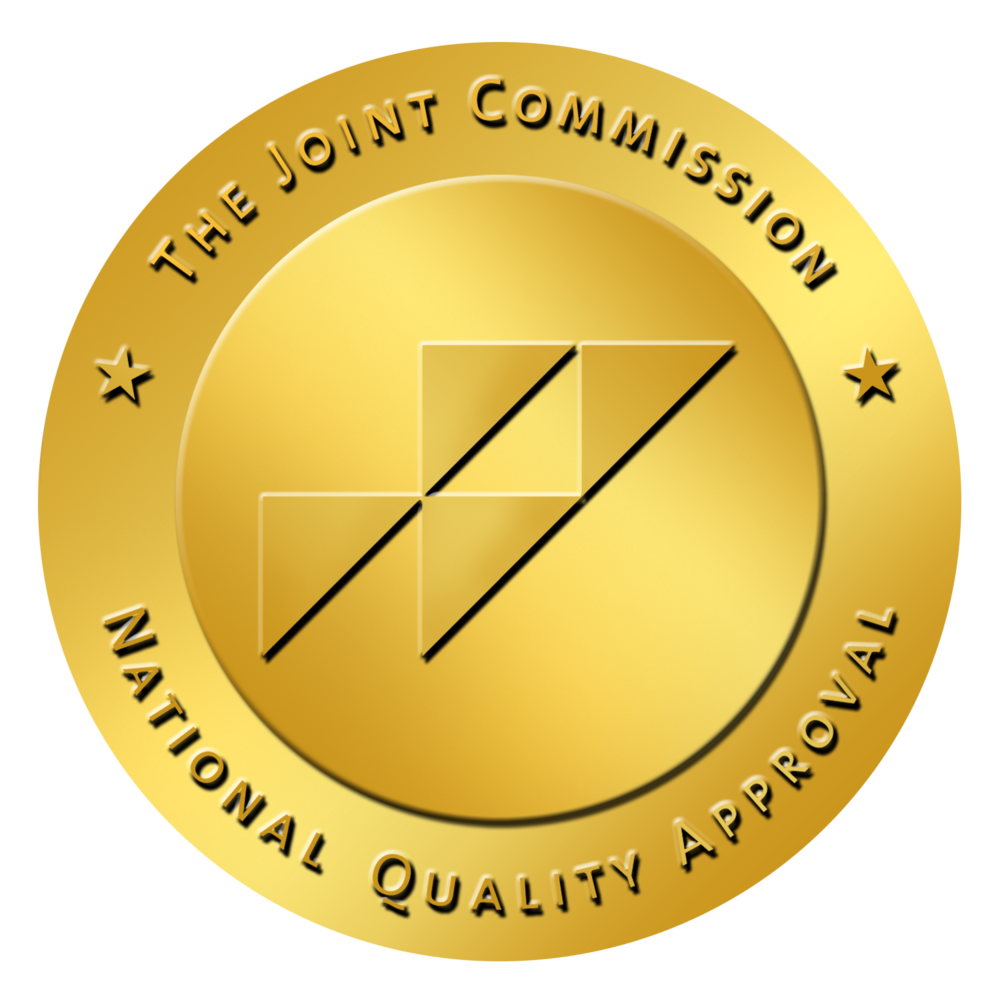At Aliya Mental Health, we honor those who serve—veterans, active-duty military, law enforcement, firefighters, paramedics, EMTs, and other first responders—and recognize the unique mental health challenges you face. Our specialized programs are designed to address the “invisible wounds” of service: trauma, stress, loss, exposure to danger, and the toll these take on mind, body, and spirit. We provide compassionate, research-based care to help you heal, reconnect, and reclaim your life.
What We Treat
We treat a wide range of mental health conditions that are especially common among veterans and first responders. Our goal is to provide a safe, understanding, and informed space where diagnosis is not the end but the beginning of a personalized path toward wellness. Below are some of the conditions we frequently work with:
1. Post-Traumatic Stress Disorder (PTSD) & Trauma-Related Disorders
Repeated exposure to traumatic events—combat, emergency response, critical incidents—can lead to PTSD, acute stress disorder, or complex trauma. Symptoms may include intrusive memories or flashbacks, nightmares, hypervigilance (“always on guard”), avoidance of reminders of trauma, emotional numbing, and ongoing fear or guilt. Our program applies trauma-informed therapies, including prolonged exposure, Cognitive Behavioral Therapy (CBT), and other modality supports to address trauma directly.
2. Anxiety Disorders
High-stakes calls, split-second decisions, chronic alertness, and unpredictability of service can foster generalized anxiety, panic disorder, social anxiety, or obsessive thoughts. These conditions can erode performance, relationships, and sleep. We use techniques like CBT, exposure therapy, mindfulness, and sometimes medication management to help you regain control, reduce excessive worry, and restore safety in everyday life.
3. Depression & Mood Disorders
Feelings of sadness, hopelessness, loss of purpose, or withdrawal from people and activities are often part of the aftermath of service, loss, or burnout. Depression among veterans and first responders can also be complicated by sleep disruption, physical injury, adjustment to civilian life, or grief. We approach treatment holistically, integrating psychotherapy (including CBT), peer support, behavioral activation, and where necessary, psychiatric care.
4. Substance Use & Co-Occurring Disorders
It is common for coping strategies to include alcohol, prescription medications, or substances, especially with untreated trauma, stress, or mood symptoms. When substance use emerges alongside mental health disorders, we offer integrated care that treats both simultaneously—so recovery from one supports recovery from the other. Our goal is to interrupt cycles of avoidance and dependence and replace them with healthier coping tools.
5. Occupational Burnout, Fatigue & Stress Reaction
Chronic exposure to crises, shift work, sleep deprivation, and emotional exhaustion are part of the job. These can lead to burnout, compassion fatigue, moral injury (feeling you couldn’t do enough or did harm), and stress reactions even without a single identifiable traumatic event. We help you address these through psychoeducation, coping strategies, self-care practices, DBT skills, mindfulness, and rest & recovery planning.
6. Grief, Loss & Survivor Guilt
Veterans may carry grief over lost comrades, people they couldn’t save, or moral injuries. First responders frequently witness suffering, death, and loss. Guilt, unresolved grief, and complicated mourning can manifest as depression, anger, sleep problems, or withdrawal. We provide grief counseling, narrative therapies, and family support to help process and integrate these losses.
7. Sleep Disorders & Trauma-Related Sleep Disturbance
Nightmares, insomnia, sleep that fails to refresh—even when physically exhausted—are commonly reported. Poor sleep worsens other mental health conditions, impairs judgment, and reduces resilience. Sleep hygiene, CBT for insomnia, trauma-focused interventions, and sometimes medication are part of how we treat sleep disturbance.
8. Suicidal Ideation & Crisis Intervention
Rates of suicidal thoughts, ideation, and attempts are higher among veterans and first responders than in the general population. If you are experiencing thoughts of harming yourself, feeling that life is no longer worth living, or in crisis, we provide immediate clinical intervention, safety planning, and round-the-clock support through partnership with crisis resources. Your life matters, and help is available.
How We Treat at Aliya Mental Health
We tailor treatment to the lived experiences of veterans and first responders. What sets our care apart:
- Trauma-Informed & Culturally Competent Care: Clinicians who understand military culture, the realities of first responder work, and are sensitive to duty, service, secrecy, stigma, and the risks to identity that come from service life.
- Evidence-Based Therapies: Including Cognitive Behavioral Therapy (CBT), Dialectical Behavior Therapy (DBT), Exposure Therapies, EMDR (Eye Movement Desensitization and Reprocessing), and group formats designed for peers with similar service experience.
- Integrated Treatment of Co-Occurring Issues: We don’t treat trauma separately from substance use, mood disorders, or sleep issues; instead, treatment plans address all relevant conditions together, to reduce risk of relapse and foster more sustainable progress.
- Flexible Levels of Care: Depending on need, patients may participate in outpatient care, intensive outpatient treatment, or, when absolutely necessary, more structured support. Many veterans step down from inpatient treatment and find our intensive and outpatient tracks critical to maintaining gains.
- Peer Support & Family Involvement: Support from others who understand service life can reduce isolation and stigma. Family or loved ones are included when possible, to foster understanding, communication, and healing in the wider system around you.
- Holistic Wellness: Physical rehabilitation, sleep restoration, stress management, mindfulness, nutritional support, and lifestyle strategies are part of restoring overall functioning—not just symptom relief.
Why Veterans & First Responders Choose Aliya Mental Health
Veterans and first responders come to us because they find something different: care that honors their service, understands what they’ve seen and done, and respects who they are, both on and off duty. Our staff are experienced with the particular pressures you face: deployment, disaster zones, critical incident response, moral injury, or split life between work and home. We ensure every treatment plan is personalized, clinically excellent, and grounded in respect and dignity.
Getting Started
If you are a veteran or first responder—or you care for someone who is—and you’re ready for help, here’s how to begin:
- Reach Out for a Confidential Assessment: We’ll listen to your story, understand your symptoms, history, and goals. We evaluate your mental health needs—PTSD, trauma, mood, substance use, sleep issues—and together we decide what level of care is right for you.
- Develop a Personalized Treatment Plan: This plan becomes your roadmap: choosing which therapies will be used (CBT, DBT, trauma therapies, etc.), determining frequency, planning for crisis intervention if needed, and integrating wellness supports.
- Flexible Treatment Options: Whether you need outpatient treatment with weekly therapy, intensive outpatient care several days per week, or referral to more structured support, we work with what fits your current situation—family, work, duty schedule.
- Support Tools & Access: We help you with insurance verification or financial assistance options, connect you with peer groups, and give you resources to support your recovery outside of session time—restoring community, purpose, and connection.
- Safe & Ongoing Follow-Up: Healing is not a sprint. As you move forward, we’ll adjust treatment as needed, help prevent relapse or worsening of symptoms, ensure you have tools for crisis, and keep working with you so gains last.
If you served, if you responded, if you protected—let Aliya Mental Health serve you now. You don’t have to carry the weight alone. Recovery is possible, and you deserve care that understands.
Contact us today to see how our Veterans & First Responders program can support you. Your mental health matters—your life matters.







